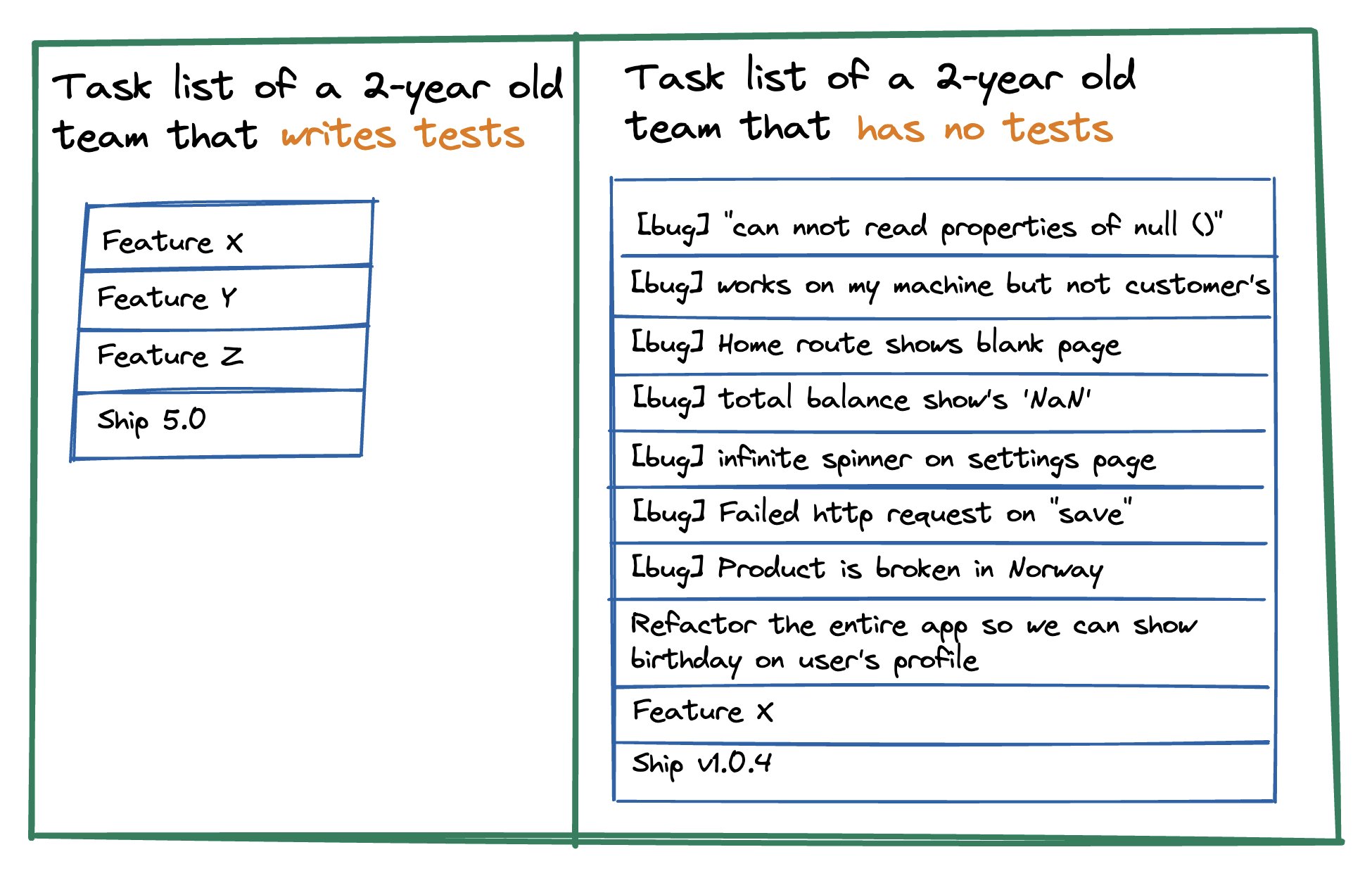I heard Seth Godin say this on a podcast with Tim Ferriss:
"If you don’t have time to do it right, how will you find time to do it over?"
I often feel i get caught up in solving things reactively, on-the-go, as quickly as possible. Often times under budget constraints from customers, and without managing to fairly price based on the time it takes to actually do the job well. Not just solving the current problem, but making considerations as to if the problem is worth solving at all, or rather if the root problem actually lies elsewhere.
More often than not the more resilient problem solving, is looking deeper at the problem, and removing layers of complexity, rather than adding more. But at the same time, the quickest way to find a solution is to patch work.
Aaron Abrams shared the following image that well summarized the issue:

"If you don’t have time to do it right, how will you find time to do it over?"
I often feel i get caught up in solving things reactively, on-the-go, as quickly as possible. Often times under budget constraints from customers, and without managing to fairly price based on the time it takes to actually do the job well. Not just solving the current problem, but making considerations as to if the problem is worth solving at all, or rather if the root problem actually lies elsewhere.
More often than not the more resilient problem solving, is looking deeper at the problem, and removing layers of complexity, rather than adding more. But at the same time, the quickest way to find a solution is to patch work.
Aaron Abrams shared the following image that well summarized the issue:

As much as I strive towards the "doing it right once" direction, it cannot be done without the understanding from customers of its actual benefits.
But it has to start somewhere. The least I can do it share my thoughts about it.
At least I will keep striving to do things right!
But it has to start somewhere. The least I can do it share my thoughts about it.
At least I will keep striving to do things right!